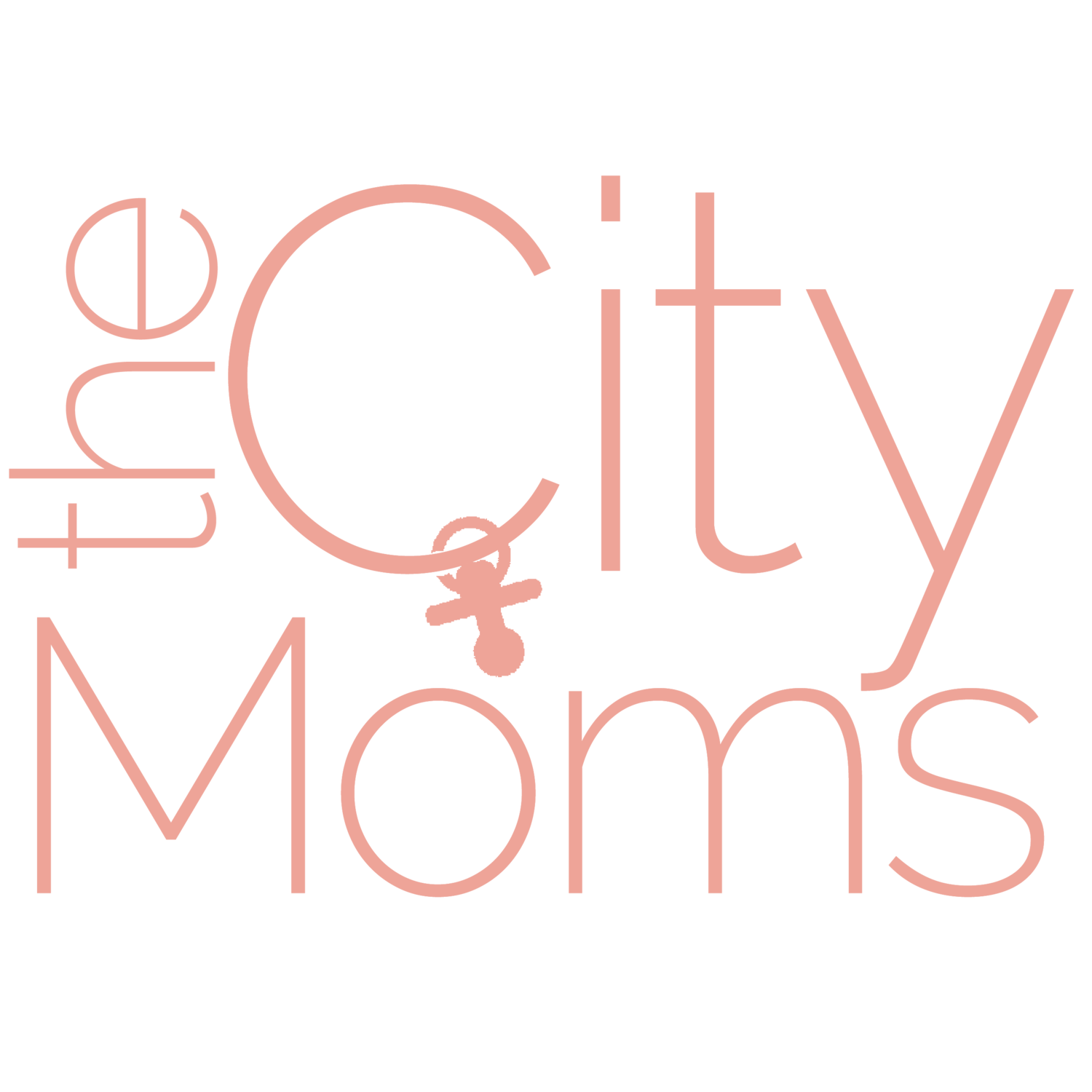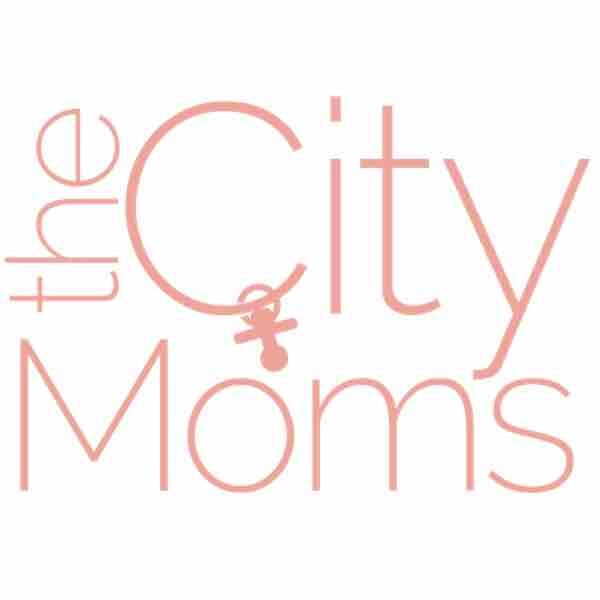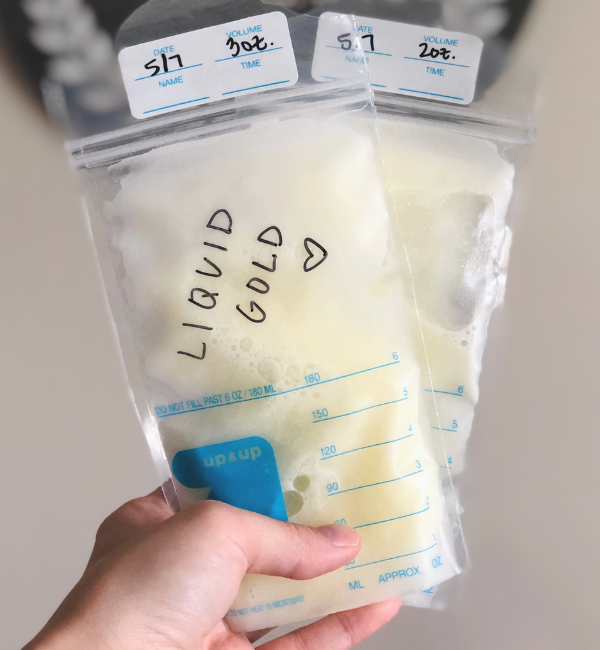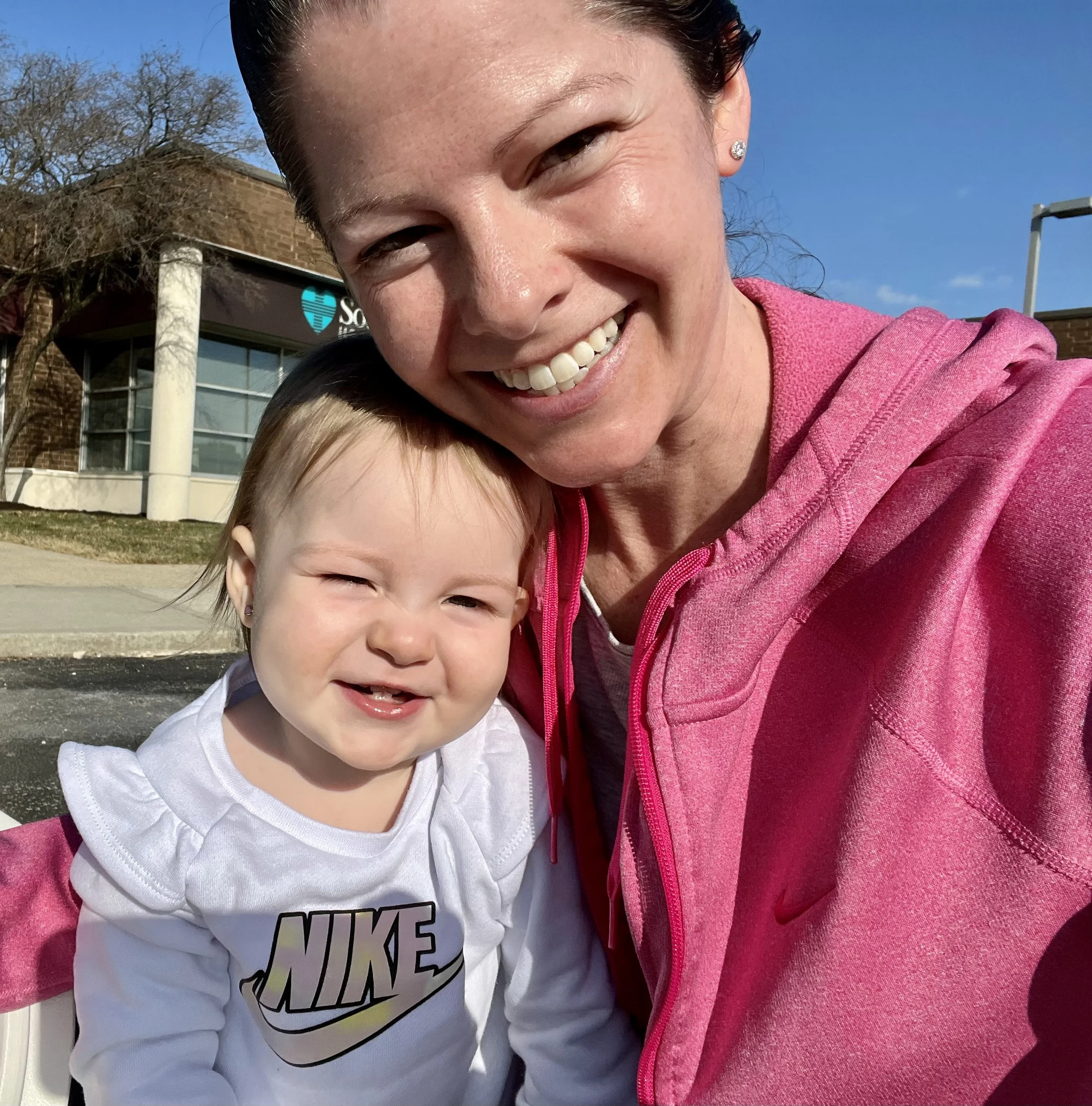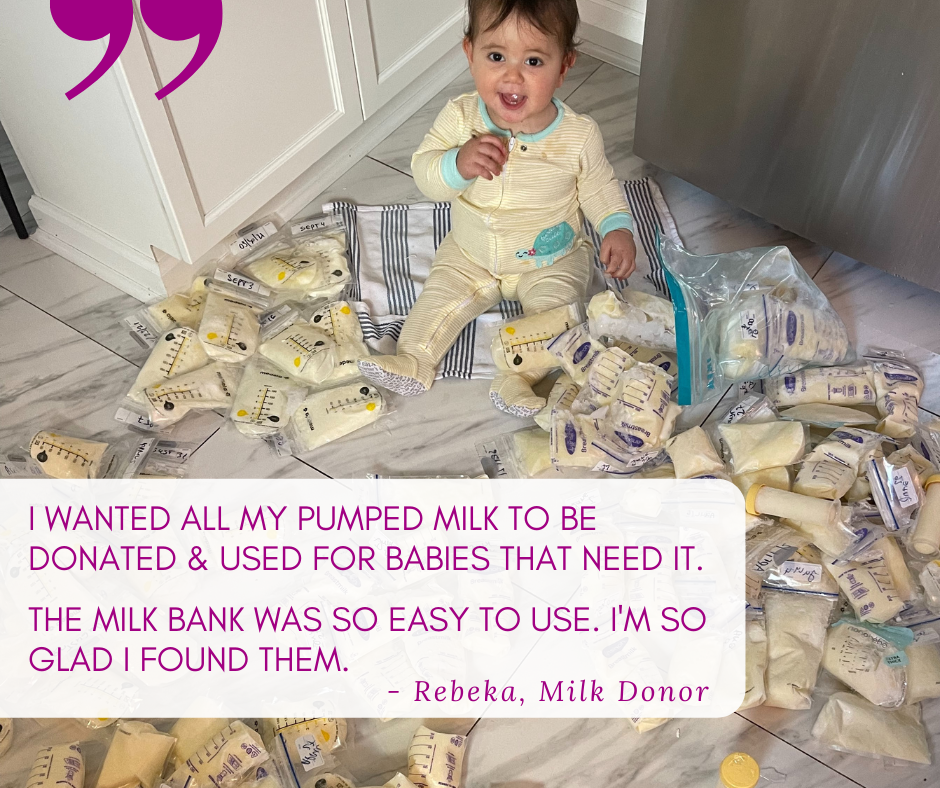What is a milk bank?
August is National Breastfeeding Month and theCityMoms are shining a light on the incredible work of milk banks. This piece was written with thanks to our friends at The Milk Bank in Indianapolis. To find a milk bank near your city, search here.
“Liquid Gold,” an often used nickname for breast milk, is nearly ubiquitous in motherhood. Merits of breast milk can easily be found, and are presented to an expectant mother. However, less is discussed about its usefulness to others. Many mothers who choose to nurse may find themselves sitting on a “stash” of pumped milk in their freezers that could be valuable to the most vulnerable among us: Infants.
The Milk Bank, a nonprofit milk bank located in Indianapolis, is striving to have more babies reach their first birthday through access to human milk. Since its start in 2005, The Milk Bank has served hospitals and communities in 25 states and screened breast milk from donors across the entire continental United States.
REAL TALK: “I couldn’t breastfeed. It’s okay.” Read one mom’s story here.
Prematurity is a common reason that a mother may not be able to provide her breast milk to her baby. Ashely Nantz saw this first hand in her work as a NICU nurse and in the neonatal ICU. “Milk donation provides NICU mom’s time and gives the infants nutritional benefits and immunity,” Nantz said, explaining the many reasons a parent may accept donor milk including illness, feeding intolerances, and pre-existing health issues causing a woman’s milk to not come in.
The Milk Bank donor Ashley Nantz with her daughter.
Due to seeing the support donor milk gives families in her work, Nantz became a donor herself after the birth of her first and second children. While at work, she would pump to maintain her supply, and anything she pumped at work was donated.
“I feel so grateful to have a milk supply that feeds more than just my children,” said Nantz adding, “Plus, The Milk Bank makes it so easy!”
Nantz is part of a large community of women donating milk, including other nurses, mothers whose babies benefited from a milk donation, and even bereaved mothers who donate in their child’s name.
Photo Credit: Emily Schwank Raincliffs Photography for The Milk Bank
To get involved, potential donors can start the process with a quick, prescreening questionnaire found online. This will lead to a meeting with the donor team which will include receiving an introductory packet, connecting with the donor’s doctor and baby’s pediatrician as well as a blood test. Once complete, donors will receive their own unique Donor ID and can drop off their breast milk at seventy donation sites across the region. If a donation site is inconvenient to the donor, The Milk Bank will also pay for the shipping of the donation.
A mother feeding her infant with donor milk from The Milk Bank.
“Everyone has a role in public health and infant health,” explained Diane Wade, Engagement and Outreach Coordinator at The Milk Bank. So even if breastfeeding is a task of your past, it still is incredibly helpful to follow The Milk Bank on social media, sign up for their newsletter, and share with your network what The Milk Bank and milk donation can do for fragile NICU and outpatient babies.
“So often people just don’t know, but anyone can help in sharing this message,” Wade continued. “You don’t have to be an over producer. Every gift counts.”
In times when The Milk Bank is able to meet the needs of their hospital partners, they also help outpatient babies with human milk donations as well as with free breastfeeding support and resources.
This August, The Milk Bank is busy celebrating National Breastfeeding Month with a series of milk drives from Indy to Bloomington. The drives will help protect supplies of milk for hospitals allowing NICU babies to benefit from the life-giving medicine of breast milk. In addition to milk drives, you may find The Milk Bank at countless community events this month spreading the word about milk donations and even helping with lactation stations. Look for them at the fairs, advises Wade.
“The best time to learn about donor milk is before you need it.”
To learn more about The Milk Bank check out their website and be sure to follow their social media platforms. If milk donation is something you are interested in, start the process here.
